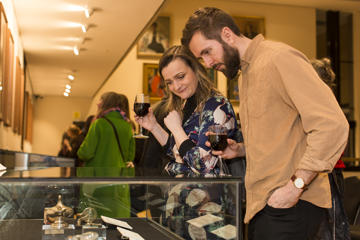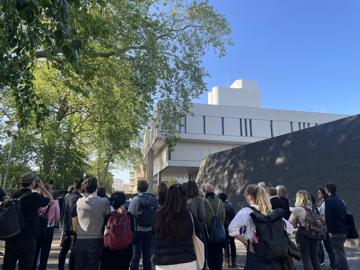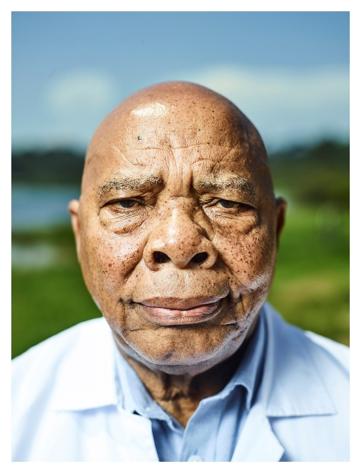We look forward to welcoming you to explore more than 500 years of medical history in our iconic building in the heart of London.
We are usually open to visitors Monday to Friday, 9am – 5pm and until 8pm at our monthly Museum Lates.
The RCP Museum is closed on public bank holidays, the month of August for maintenance and conservation work, and for RCP major events and ceremonies. Please check the RCP museum website for details before planning your visit.
Visitors can access the Museum and Garden FREE in a number of ways. General admittance for self-guided visits is available for groups of up to 5 people during week day opening hours. Individuals, groups of up to 5 and groups of 6+ can also book one of the below FREE activities:
- Monthly building taster tours (please register)
- Monthly Museum Lates (please register)
- Monthly garden tours from April – October (please register)
Our expert Museum staff also offer a range of private guided tours for larger groups for a small fee, for details and prices contact history@rcp.ac.uk
Located in the RCP's Grade I-listed 'modernist masterpiece', our museum collections have been gathered over five centuries since our foundation by Royal Charter of Henry VIII in 1518. When visiting look out for our:
- portraits and silver, which are displayed throughout the building
- fascinating Symons collection of artefacts which would have been used by physicians and for self-care in the home
- Prujean chest of 17th century surgical instruments
- extraordinary set of 17th-century human remains - John Finch's anatomical tables which give a fascinating insight into dissection and discovery in anatomy








